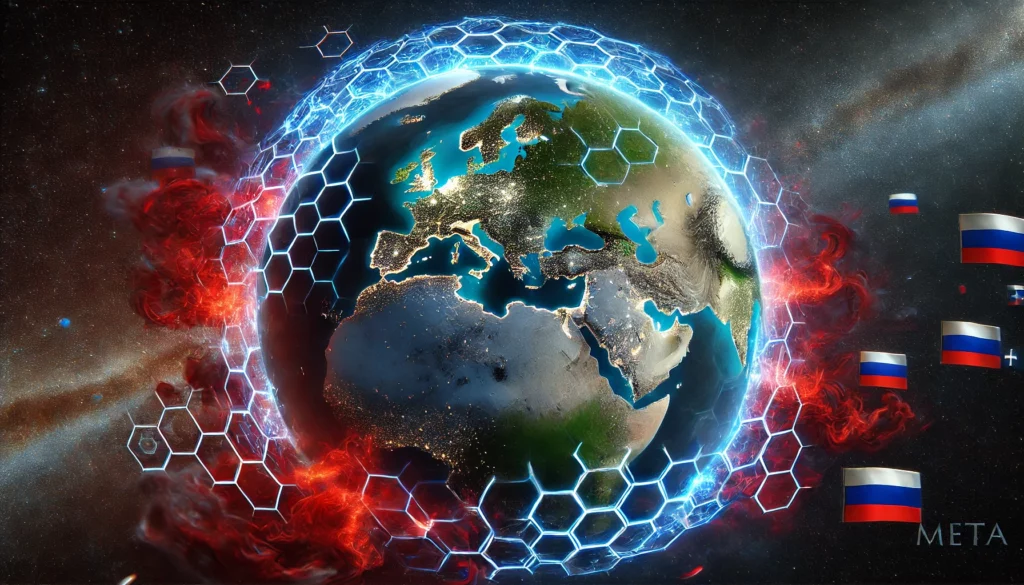
Meta’s recent global ban on Russian state media outlets like RT and Rossiya Segodnya marks a significant escalation in the company’s efforts to combat foreign interference. This action, announced on September 17, 2024, is part of a broader initiative to tackle disinformation and covert influence operations attributed to Russian media, which Meta claims have employed deceptive tactics to influence foreign audiences.
Reasons Behind the Ban
Meta cited “foreign interference activity” as the primary motivation for this decision, emphasizing that Russian state-controlled media have been engaging in covert operations aimed at undermining democratic processes in Western nations. The ban aligns with ongoing concerns raised by the U.S. government, which has imposed sanctions on RT and accused it of functioning as a tool of Russian intelligence. These outlets, particularly during the Ukraine war and upcoming U.S. elections, are believed to disseminate misinformation designed to sway public opinion.
The accusations against RT and similar media are not new. Since Russia’s invasion of Ukraine in 2022, several Western nations, including the EU and UK, have taken steps to limit the reach of these channels. Meta’s previous efforts, such as restricting their advertising and limiting content reach, now culminate in a full ban, reflecting growing pressure to curb Russian media’s influence.
Consequences of the Ban
This ban has several immediate consequences. First, it further isolates Russian state media from global social media networks, reducing their ability to reach international audiences. This could weaken Moscow’s capacity to propagate its narratives, especially as platforms like Facebook, Instagram, and WhatsApp are widely used globally. Moreover, the decision adds to a broader trend of digital isolation for Russia, which has already faced blocks and sanctions in regions like Europe and Canada.
For Meta, this move aligns the company with Western governments’ efforts to protect electoral integrity and combat disinformation. However, it also risks retaliation from Moscow, which has previously responded to such actions by blocking access to Western social media platforms within Russia.
Precedents and Future Implications

Meta’s ban follows years of growing scrutiny of Russian media’s role in international affairs. The Russian Internet Research Agency, previously sanctioned for its involvement in electoral interference, serves as a precedent for this kind of enforcement. The decision is also part of a wider pattern where Western platforms, pressured by governments and public opinion, are taking stronger actions against disinformation originating from state actors.
In the future, this ban may trigger further geopolitical tensions, especially as social media platforms become battlegrounds for influence. Additionally, it raises important questions about the role of private tech companies in moderating global political content and the potential for these decisions to escalate into broader conflicts between governments and corporations.
Meta’s strong stance signals its intent to prioritize the integrity of its platforms, especially with critical elections on the horizon in countries like the U.S. However, the broader implications of these moves—both for freedom of information and for global digital diplomacy—will continue to unfold as this situation develops.
